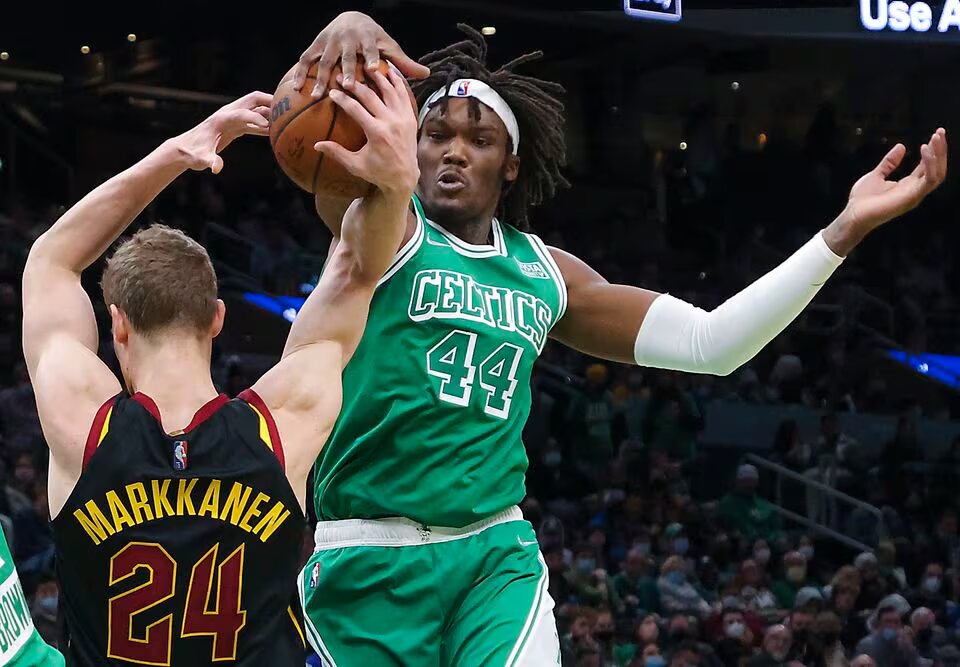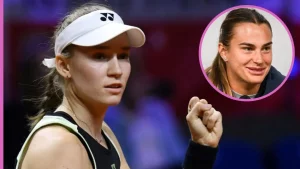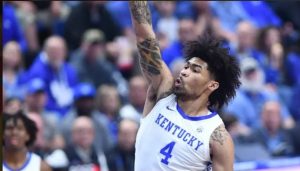
With the season on the line, the Celtics lack critical components from the previous year.
Unexpectedly, the Celtics play their final game of the season on Thursday against Philadelphia in mid-May. It’s not very startling given the patterns that might lead to their demise.
Boston — Red flags appeared on the parquet floor throughout the season and began to shoot through it during the final round. The Boston Celtics are getting ready for an elimination game on Thursday, and along with them, doubts about their core. The boos returned to TD Garden like in January 2022, tall enough for the whole audience to see them.
After a terrible collapse in Game 5, the Celtics overcame their opponents in Game 6 thanks to a shooting surge. It appeared as though they were taking shots from an underappreciated Atlanta squad and coach who knew how to pressure Boston’s weaknesses.

In Game 1, Joel Embiid’s injury presented a good chance that the Celtics wasted. Prior to the Game 5 no-show endangering the Celtics’ season in mid-May, Boston suffered a 3-4 loss in close, late finishes in Game 4. This time, crunch time problems were back. A surprise, but considering the team’s performance after their 21-5 start, not a shocking development. Brad Stevens stated before to the playoffs that head coach Joe Mazzulla is a convenient scapegoat. The problems are more profound.
Even if the series didn’t conclude on Tuesday, it had cast doubt on this team’s capacity to capture the title. Following Game 1, the Celtics mostly ceased openly diagnosing problems when Malcolm Brogdon called out too many double teams, Jaylen Brown pushed for more shots, and Joe Mazzulla blamed offensive rather than defensive mistakes. They said, “On to the next one.” If threes fall at this stage, it’s easy to see them winning the series; if not, it’s simple to see them losing it.
According to Brown, “(We need to) definitely get more organized, maintain our spacing.” “It seems like we were getting the same glances. Even though we didn’t make any shots tonight and had a lot of positive feedback, I believe we can and will improve.
Following a 4-for-6 first quarter in which he scored nine points before sitting with foul trouble, Brown vanished once more in the second quarter, failing to score for the first five minutes. He requested additional offensive opportunities twice, and Jayson Tatum had a strong start in Boston’s Game 3 victory as a result of Brown’s early on-ball activity.
That offensive engagement didn’t translate, much like Brown and others’ intense defensive play that evening. In the fourth quarter and overtime of Game 4, Brown took three shots.

“We’re working to make room and opportunities for all individuals. Drive and kick, locate the person who is open at that moment, and pass up a decent shot for a terrific one, said Tatum. “One of our best players needs to be aggressive, and we want him to be aggressive. It’s our responsibility to make sure we’re positioning everyone appropriately.”
Whether it was Tatum’s or Mazzulla’s fault—Tatum has passed to Brown more than nine times per game this postseason—the team’s defensive inaction on Tuesday turned them into a turn-style. The Celtics allow nearly every switch around the perimeter, yet James Harden is still able to choose his matchups anytime he pleases. Teams are lured into mid-range shots by their drop, which is a successful strategy overall that is now hurting them as Joel Embiid heats up from in-between.




